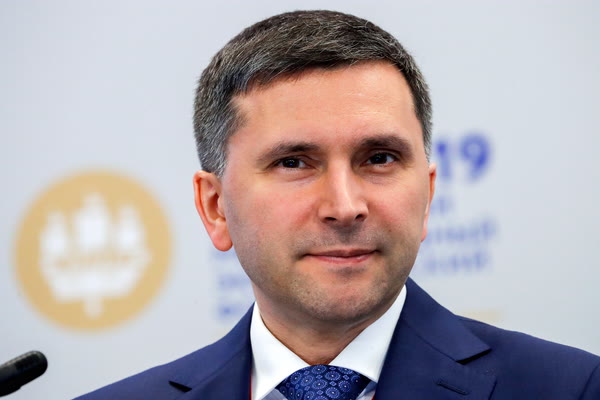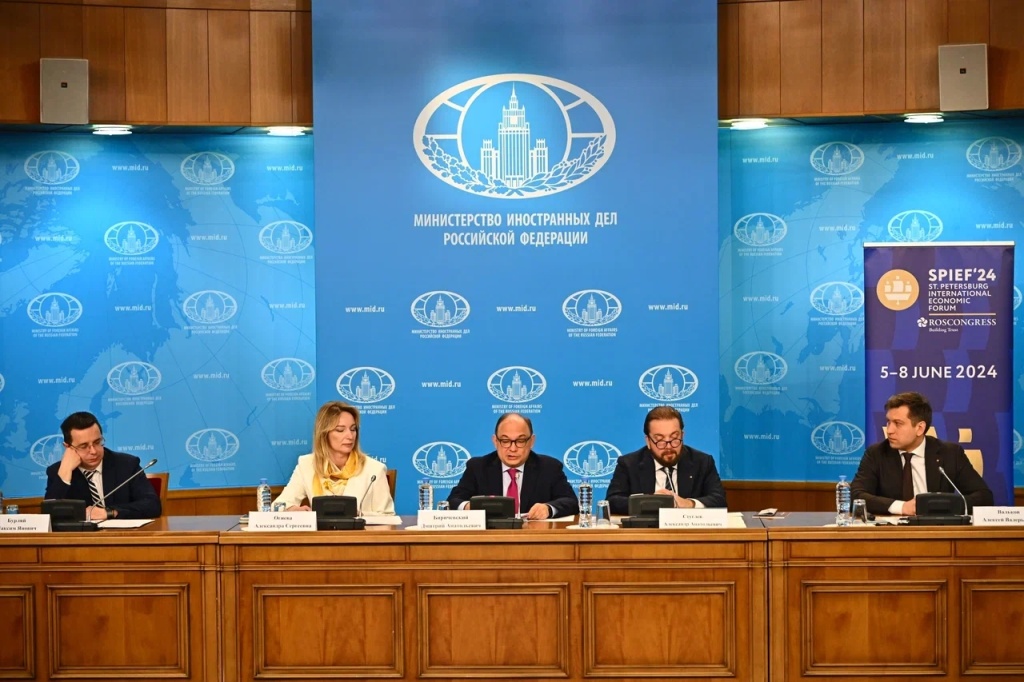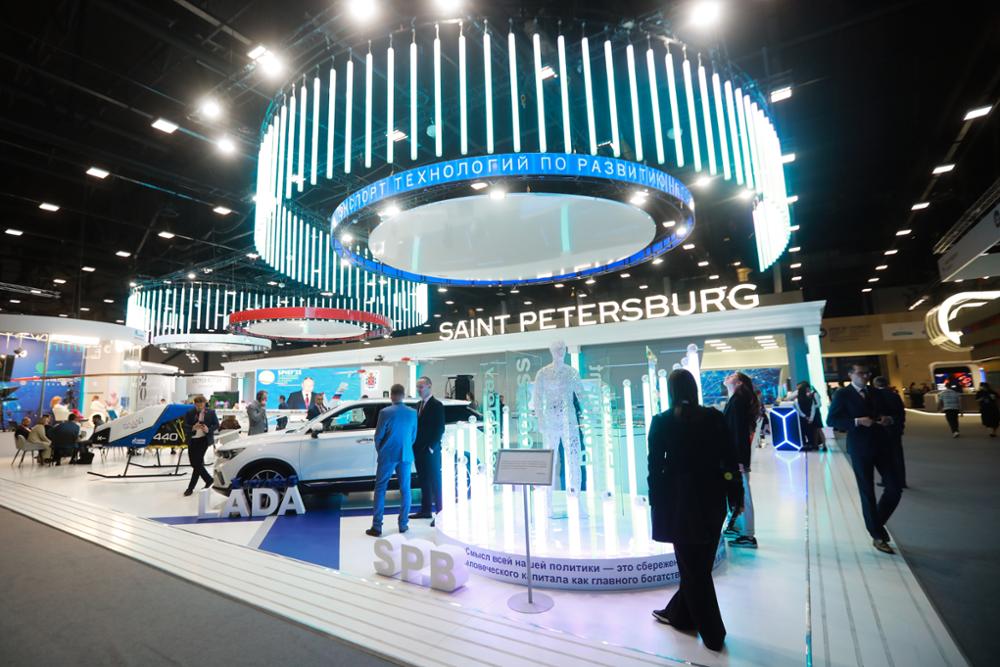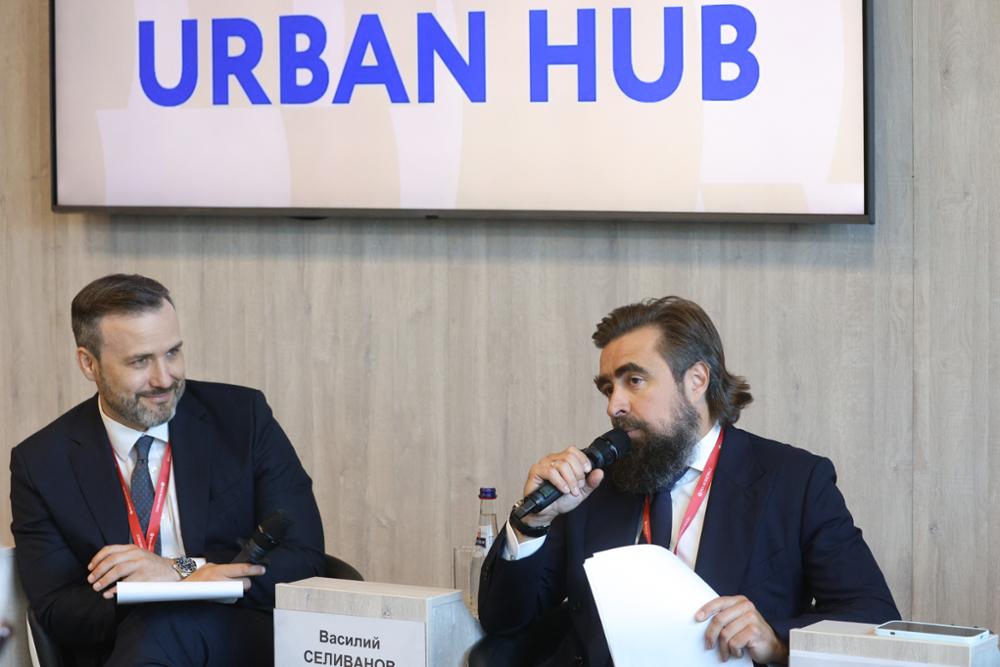
Waste Management Reform
Opening day of SPIEF 2019 on 5 June saw the ‘Defeating Trash: Russian Reform and International Practices’ session organized by the Russian Environmental Operator (REO) and the Roscongress Foundation. To kick off the discussion, Minister of Natural Resources and Environment of the Russian Federation Dmitry Kobylkin noted that reform in waste management was one of the most complex reforms in Russia. The measures being implemented were aimed at improving the environmental situation in the country and designed to reduce the number of unauthorized dumps taking place and to make the market for recycling transparent and civilized. According to him “a new complex industry of waste management” needed to appear Russia, or in other words, a new industry needed to be created from scratch.
“The situation in Russia is unique – all grades of household waste are produced here; basically, we have everything to create a closed-loop cycle. The transition to an economy based on the closed-loop cycle is realistic, and we should be striving towards it”, the Minister of Natural Resources said. The Minister outlined current industry problems capable of adversely affecting the course of the reform: “Unreasonable revisions of tariffs and standards for accumulation carried out by regional authorities, the postponement of the start of work of regional operators in some constituent entities, the lack of a differentiated approach in determining the standard for residents of rural areas and metropolitan centres, and low collection of payments for SMW”.
The primary reform regulator is the Russian Environmental Operator (REO). According to Denis Butsaev, REO General Director, the rules of the game need to be established: infrastructure that doesn’t exists in the country needs to be created, an information system developed, and educational work carried to “create a healthy economic model for private business to enter” the industry. He made it known that a territorial waste management plan and corresponding regional programme had been developed in each region along with tenders held to select regional operators. “Our task is to assess changes in the market and to understand how to build interaction with the regional operators in order to make all the cities in the country clean and nice to live in,” Butsayev said.
According to Olga Timofeeva, Chairwoman of the State Duma Committee on Ecology and Environmental Protection of the Federal Assembly of the Russian Federation, the system is now being adjusted, and the reform is proceeding, though not without hitches. The speaker believes that “it is necessary to bring together the best global and regional practices”.
Governor of Nizhny Novgorod Gleb Nikitin talked about the promotion of reform in his region and about how to effectively solve emerging problems on the ground. He is convinced that the success of the transition to a new waste management system is the direct responsibility of the regions.








